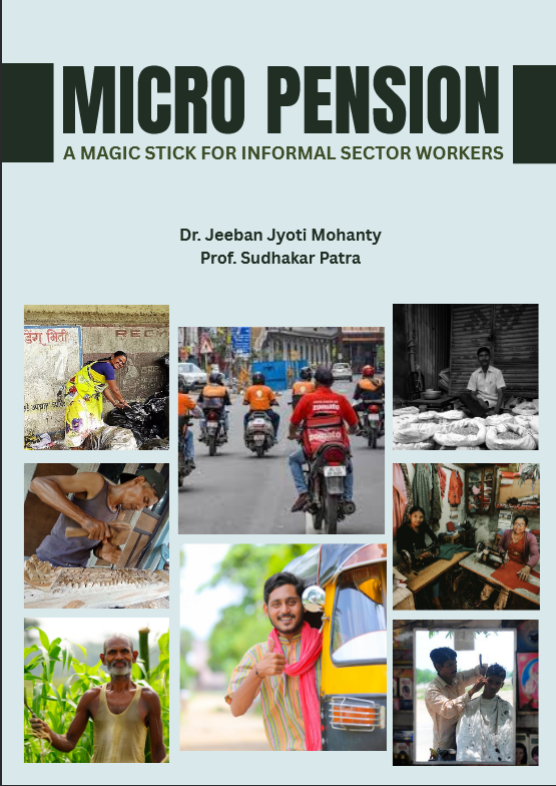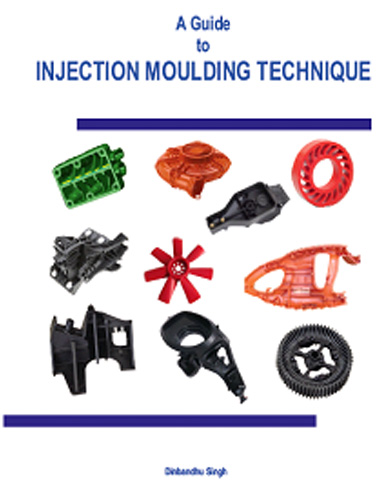
Micro Pension: A Magic Stick for Informal Sector Workers
Dr. Jeeban Jyoti Mohanty and Prof. Sudhakar Patra
FORMAT
Paperback and e–book
ISBN
978-93-49359-22-2
DOI
doi.org/10.5281/zenodo.17521139
PAGES
266 pages
PRICE
Rs. 1000/- ($80)
About The Editors

Dr. Jeeban Jyoti Mohanty is currently working as a Team Lead, Technical Support Unit (TSU), DAY-NULM, Ministry of Housing and Urban Affairs, Government of India. He has over 19 years of rich and varied experience in urban development, urban livelihoods, inclusive finance, micro-enterprise development, and gender inclusion. Prior to joining the Ministry, he was associated with Small Industries Development Bank of India (SIDBI), Ernst & Young (EY), NABARD Rural Micro Pension Programme, and DHAN Foundation. Academically, he holds a Ph.D. in Economics and MBA in Development Management. He has published several articles and book chapters on inclusive finance, micro enterprise lending, micro pension and social security, and other related topics in both national and international journals.

Prof. Sudhakar Patra is presently serving as RBI Chair Professor, PG Department of Analytical & Applied Economics, Utkal University, Bhubaneswar. He was former Professor & Head, Economics and Dean, Faculty of Humanities and Social Sciences, Berhampur University, Odisha. Prof. Patra has 36 years of teaching and research experience, completed 05 research projects and published 27 Books, 109 research papers in Journals & 48 chapters in edited books. Prof. Patra has guided 17 research scholars for Ph.D/D.lit degree and has 13 times academic visit to different foreign countries. He teaches financial Programming, Monetary Management, Econometrics, Mathematical Economics. Apart from many NAAC visits as Peer Team Member, he is an expert in data analysis in SPSS, STATA, E Views.
About The Book
The book Micro Pension: A Magic Stick for Informal Sector Workers offers a rigorous and timely examination of one of India’s most pressing socio-economic challenges old-age income security for the informal workforce. Rooted in the context of rapid demographic ageing and the growing fragility of informal sector livelihoods, the book provides a comprehensive exploration of how micro pension schemes can serve as an inclusive mechanism for social protection. Drawing upon empirical evidence from field studies conducted in three districts of Odisha viz. Bolangir, Mayurbhanj, and Sundargarh, the book analyses the behavioural, institutional, and gendered dimensions of pension participation among low-income workers. It situates the discourse within the broader framework of India’s demographic transition, highlighting the critical need for policy innovation to prevent the deepening of old-age poverty. By combining field-based insights with theoretical and policy perspectives, the book not only diagnoses the structural limitations of existing pension schemes but also offers actionable pathways for creating a scalable and sustainable pension ecosystem. Ultimately, it contributes meaningfully to the academic and policy discourse on ageing, financial inclusion, and social security, positioning micro pensions as a pragmatic tool for advancing equity and economic dignity in India’s development journey.




